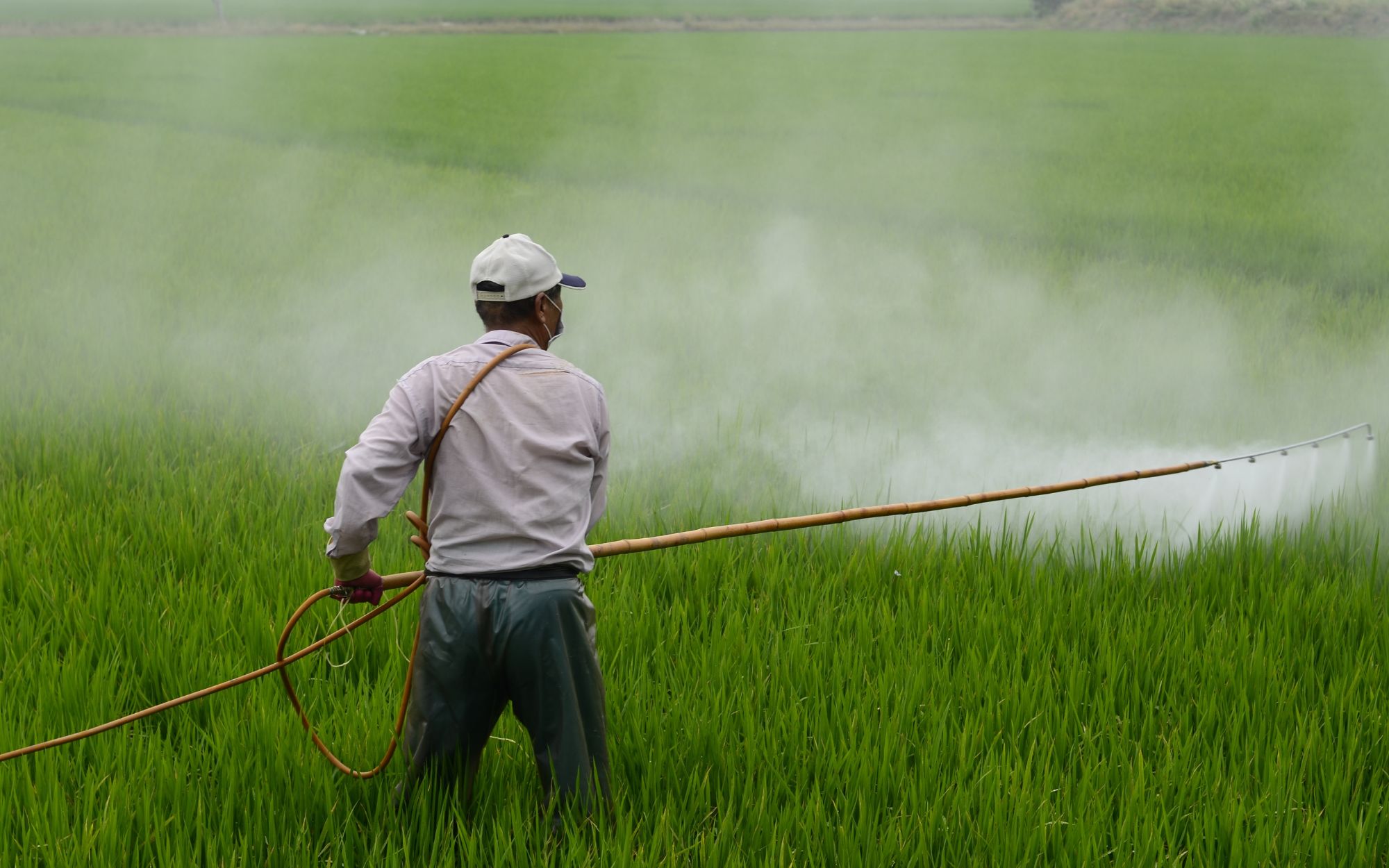In a significant development for agricultural policy, a federal court has revoked approval for the use of the weed-killing pesticide dicamba. The ruling, issued by the U.S. District Court of Arizona in Tucson, carries implications for farmers across the country, potentially disrupting their access to this widely used pesticide during the upcoming growing season.
Dicamba, a pesticide known for its propensity to drift and cause damage to crops and wild plants, was first approved by the Environmental Protection Agency (EPA) in 2017 for spraying on cotton and soybean crops genetically engineered by Monsanto (now Bayer). However, since its approval, dicamba has been linked to widespread damage across millions of acres of crops and natural habitats annually.
The court’s decision overturns the EPA’s 2020 reapproval of dicamba, citing concerns over the pesticide’s continued drift damage despite additional application restrictions imposed by the agency. Legal director and counsel for the Center for Food Safety, George Kimbrell, hailed the ruling as a victory for farmers and the environment, emphasizing the evidence showing dicamba’s harmful effects.
The court highlighted the EPA’s violation of public input requirements before approving dicamba, noting the serious implications of this oversight. It emphasized the substantial damage incurred by stakeholders who were deprived of the opportunity to comment on the pesticide’s approval, including growers who suffered financial losses and states that reported landscape-level damage.
Additionally, the court criticized the EPA’s assessment of the harm caused by dicamba, highlighting a “circular approach” to risk assessment that failed to consider the costs of offsite movement. This failure, the court argued, undermined the EPA’s confidence in the efficacy of control measures and ultimately led to continued drift damage.
The ruling marks the second time a federal court has found the EPA’s approval of dicamba to be unlawful, reflecting ongoing concerns over the pesticide’s impact on agriculture and the environment. Plaintiffs in the case, including the National Family Farm Coalition, the Pesticide Action Network, and the Center for Biological Diversity, hope the decision will prompt the EPA to reconsider its approval process and prioritize the protection of endangered species and pollinators.
Reach out to Fresh Group Food Safety And quality Consulting for any inquiries related to food quality and safety.




